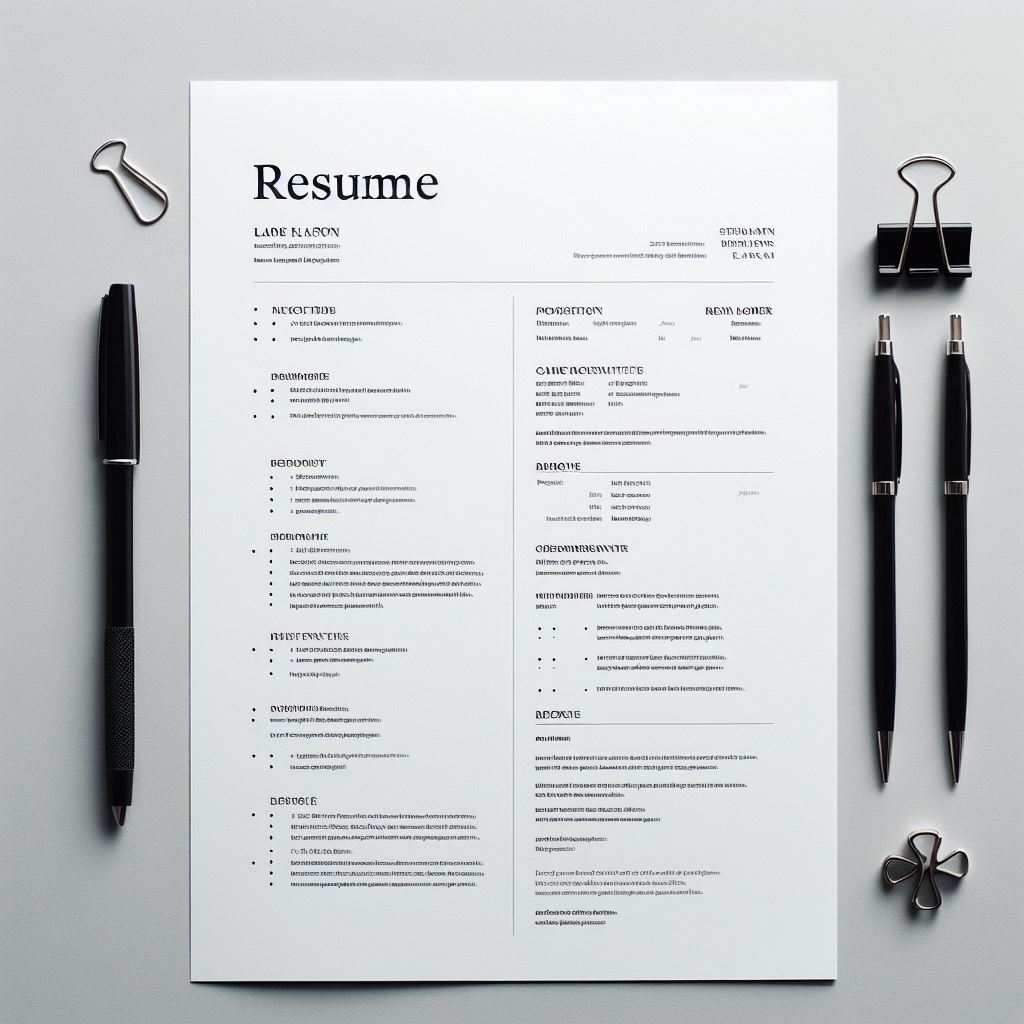Let us have a brief look at what factors to consider before accepting a Job offer on today’s article.
Landing a job offer can feel like the finish line of a long race, and the immediate instinct is often to say “yes!” However, taking a moment to thoughtfully consider all aspects of the offer can save you from potential disappointment down the road. Before you sign on the dotted line, weigh these crucial factors:
Compensation and Benefits: Beyond the Base Salary
While the base salary is a primary consideration, it’s essential to look at the entire compensation package.
Salary: Does it align with your expectations, experience, and the industry standard for similar roles in Arusha? Research salary ranges on sites like Glassdoor or Payscale, keeping in mind the local cost of living.
Benefits: What health insurance options are offered? Consider the premiums, deductibles, and coverage details. Are there retirement plans like a provident fund or pension? What about paid time off (vacation, sick leave, personal days), parental leave, and other perks like transportation allowances or subsidized meals?
Bonuses and Incentives: Is there a potential for performance-based bonuses or other incentives? Understand the criteria for earning them.
Equity or Stock Options: For some roles, particularly in startups, equity or stock options can be a significant part of the long-term compensation. Understand the vesting schedule and potential value.
Role and Responsibilities: Understanding the Day-to-Day
The job description provides an overview, but delve deeper into the specifics of the role.
Clarity of Responsibilities: Do you have a clear understanding of your daily tasks, projects, and key performance indicators (KPIs)? Ask for more detail if needed.
Growth and Development Opportunities: Does the role offer opportunities to learn new skills, take on increasing responsibility, and advance your career? Are there training programs or mentorship opportunities?
Alignment with Your Skills and Interests: Does the role genuinely align with your strengths, passions, and long-term career goals? Will you find the work engaging and fulfilling?
Company Culture and Values: Finding Your Fit
A positive work environment can significantly impact your job satisfaction.
Research the Company Culture: Explore the company’s website, social media, and employee reviews to get a sense of their values, work environment, and employee morale.
Observe During the Interview Process: Pay attention to how you were treated during the interviews. How do employees interact with each other? Does the atmosphere seem collaborative or competitive?
Trust Your Gut Feeling: Sometimes, despite all the information, your intuition can tell you if a company is the right fit for you.
Work-Life Balance: Integrating Your Professional and Personal Life
Consider how the job will impact your personal time and well-being.
Working Hours and Flexibility: What are the typical working hours? Is there flexibility in terms of start and end times or remote work options?
Commute: How long and stressful will your daily commute be, especially considering traffic in Arusha? Factor in transportation costs.
Company Policies on Time Off: Understand the policies regarding vacation, sick leave, and personal time.
Location and Logistics: Practical Considerations
Don’t overlook the practical aspects of the job.
Office Environment: Is it a modern, well-equipped office? Or will you be working in a different setting?
Accessibility: Is the location easily accessible by public transport or is parking available?
Potential Relocation: If the job requires relocation, consider the costs, logistics, and impact on your personal life.
The Team and Manager: Key Relationships
Your direct manager and team will significantly influence your daily experience.
Interaction During Interviews: How did you connect with your potential manager and team members during the interview process? Did you feel a rapport?
See also: Best Options for Remote work for a person based in Tanzania
Leadership Style: Try to understand your potential manager’s leadership style. Is it supportive, hands-off, or something else?
Team Dynamics: Does the team seem collaborative and supportive? A positive team environment can make a big difference.
Long-Term Prospects: Looking Beyond the Immediate
Consider the future trajectory of the company and the role.
Company Stability and Growth: Is the company financially stable and positioned for future growth? Research their industry and market position.
Career Path: Are there clear pathways for advancement within the organization? Discuss potential career progression with the hiring manager.
Industry Trends: How does the company fit into the broader industry landscape? Are they adapting to new technologies and market changes?
Taking Your Time and Asking Questions:
Don’t feel pressured to accept a job offer immediately. It’s perfectly acceptable to ask for time to consider the offer – a day or two is usually reasonable. Use this time to carefully review all the factors mentioned above and don’t hesitate to ask the hiring manager for clarification on any points that are unclear.
Conclusion to What factors to consider before accepting a Job offer:
Accepting a job is a significant decision: By carefully evaluating all aspects of the offer, you can increase the likelihood of choosing a role that is not only financially rewarding but also fulfilling and aligned with your long-term goals. Take your time, weigh your options, and make an informed decision that sets you up for success in your career journey.




